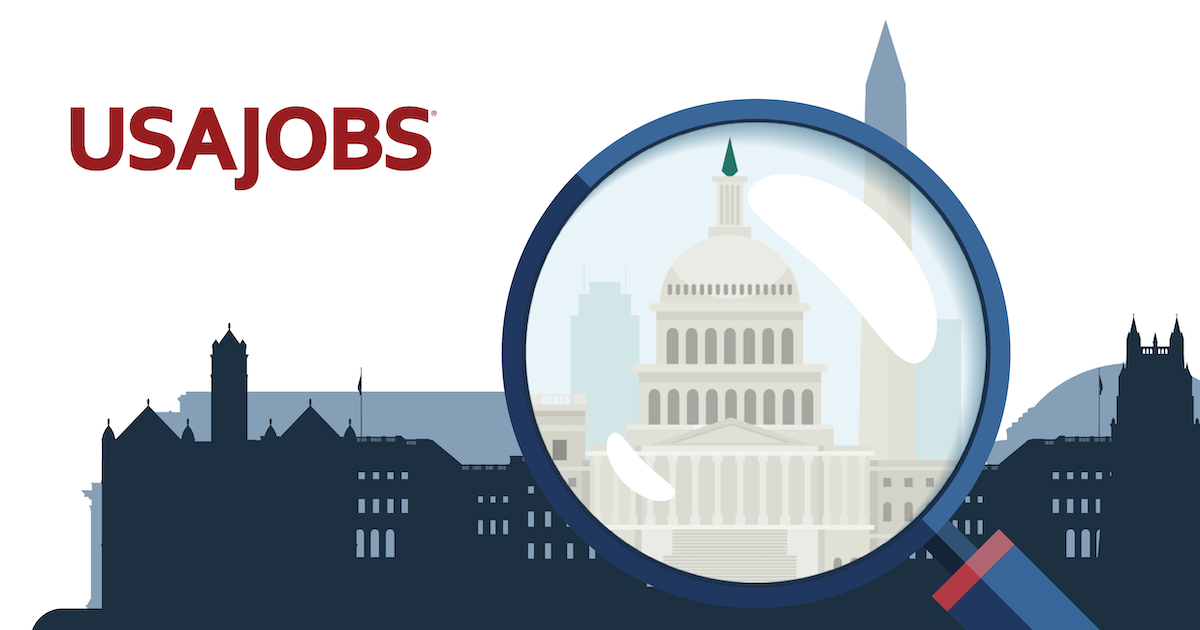Anybody know anything about this position? Couldn’t find anything newer than a stuckmic topic from 8 years ago.
<p>Joining the Secret Service, Office of Protective Operations, Special Operations Division, will allow you to oversee and operate various radar and air surveillance detections systems; serve as a liaison with personnel from other agencies; and provide on-the-job training to the staff. The...
www.usajobs.gov
Received this from one of their specialists a few years back. Hope this helps:
DSS position - Frequently Asked Questions
1. What type of training will I receive if I am hired as a DSS? Will I be required to travel to a school/facility for training?
At this time all DSS training is performed “On the Job” within the Washington D.C. area. As of this writing there is no requirement to attend an out of district training facility.
2. What is the starting pay as a DSS?
Pay grades for the DSS position begin at the GS-11 level when hired on through the VRA program with a promotion potential of GS-13 (grade promotions normally occur after 1 yr. of probation, depending on how you were hired). If you qualify at the GS-11 position, you should be promoted to a GS-12 upon reaching your 1st year and then a GS-13 after 2 years. You can Google the current GS pay scale but be sure and include the Washington DC, Maryland, Northern Virginia locality rate which is approximately 23% above the base GS pay scale. Overtime is paid at time and a half and we earn shift differential (night pay after 6:00pm) as well as Sunday and Holiday pay premium rates.
3. Where will I be working on a day to day basis?
DSS day-to day operations are conducted at two primary locations. The National Capital Region Coordination Center (NCRCC) in Herndon, VA and the USSS Joint Operations Center (JOC) in Washington, D.C. Opportunities exist for travel which is dependent upon the needs of the Agency.
4. Is parking provided at my duty location?
Parking is provided at no cost at both primary work locations in Washington D.C. Public Transportation is abundant in the Washington D.C. Metro area. Federal transportation assistance is available at the current rate of $230.00 per month for those who use Metro Rail or bus transportation.
5. What is the work attire? Are uniforms provided?
Work attire is entirely dependent upon the work location. Typical dress for primary work locations is an issued polo shirt and issued khaki pants (5.11 Tactical clothing). However, business suit, business casual may be required for some work locations.
6. What is the work schedule?
DSS primary work locations (USSS JOC and NCRCC) are both 24x7 operations; including holidays and weekends. DSS’ typically work an 8 hour day; 40 hour work week. Currently the shifts consist of Day shift: 6am – 2pm; Swing shift: 2pm – 10pm and Midnight shift: 10pm – 6am. Shifts typically align with the needs of the agency. In rare instances shift work in excess of an 8 hour day will be required.
7. Is this position a Law Enforcement position?
No, the DSS position does not have any law enforcement powers.
8. Will I carry a badge or have arrest authority?
You will be issued credentials that identify you as a USSS employee. However, you will not be issued a badge, nor are you a law enforcement officer.
9. Will I be issued or carry a Firearm?
No, DSS’ are not issued nor provided training in usage of firearms.
10. What is the basic experience level required to be a DSS?
DSS experience requirements are spelled out within the Knowledge, Skills and Abilities (KSA) portion of the job posting. Minimum requirements include but not limited to: Experience in interpreting and utilizing air surveillance radar data; Knowledge of the laws, rules and regulations governing air traffic control procedures in both civil and military operational environments.
11. How often will I be required to travel?
Travel is based on the needs of the agency and the Airspace Security Branch. Our schedule is very fluid and is affected by many different entities and world events – so it is not possible to predict a “set” travel schedule. Most trips are somewhat short in duration (typically less than 5 days).
12. Am I “required/forced” to travel if I don’t want to?
All DSS’ should be prepared to travel as needed to ensure mission accomplishment.
13. Will I be required to work on holidays and weekends?
The two primary work locations are continuous 24 x 7 operations – it is likely you will work weekends and holidays.
14. Is prior military experience a requirement?
Military experience is not a “requirement” – however it is helpful. DSS’ communicate/interface with a variety of DoD entities; therefore it is helpful to understand the terminology and processes relating to DoD aviation and Air Defense.
15. Do I require a pilot certification?
No – but an aviation background is helpful in providing a clearer understanding of the position.
16. Will my security clearance from the military transfer over to the USSS?
No, the USSS will complete their own background/clearance investigations which include a polygraph.
17. Do any flight/flight crew opportunities exist as a DSS?
At the time of this writing No. All positions are ground based facilities.
18. Does a DSS actually control any aircraft?
No. DSS’ do not perform FAA Air Traffic Controller duties. We perform air security surveillance and work in conjunction with FAA controllers on a limited basis.
